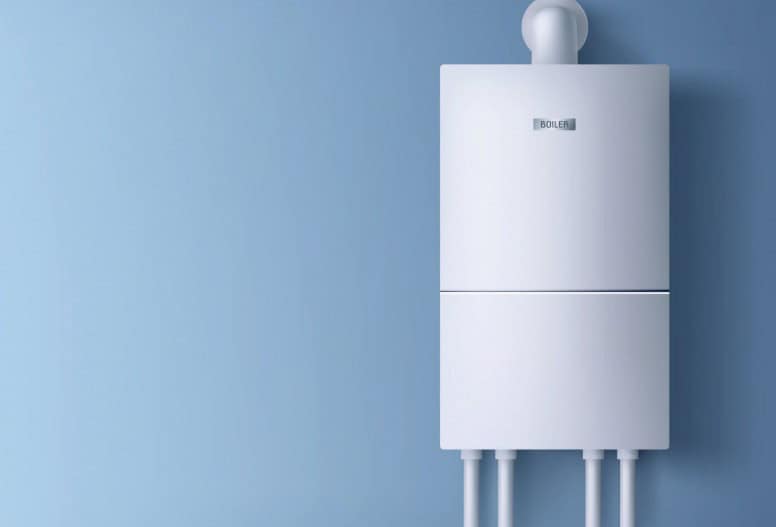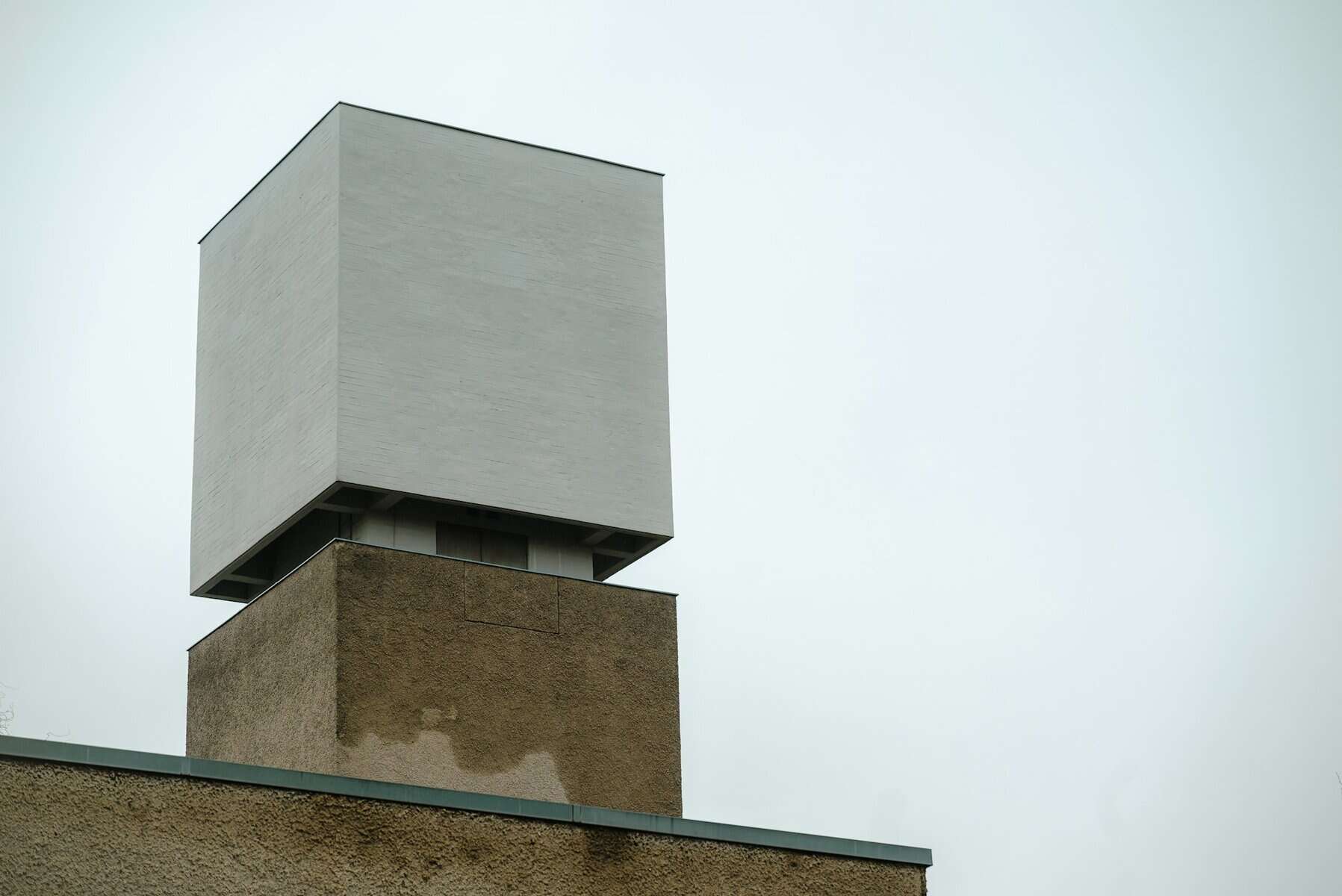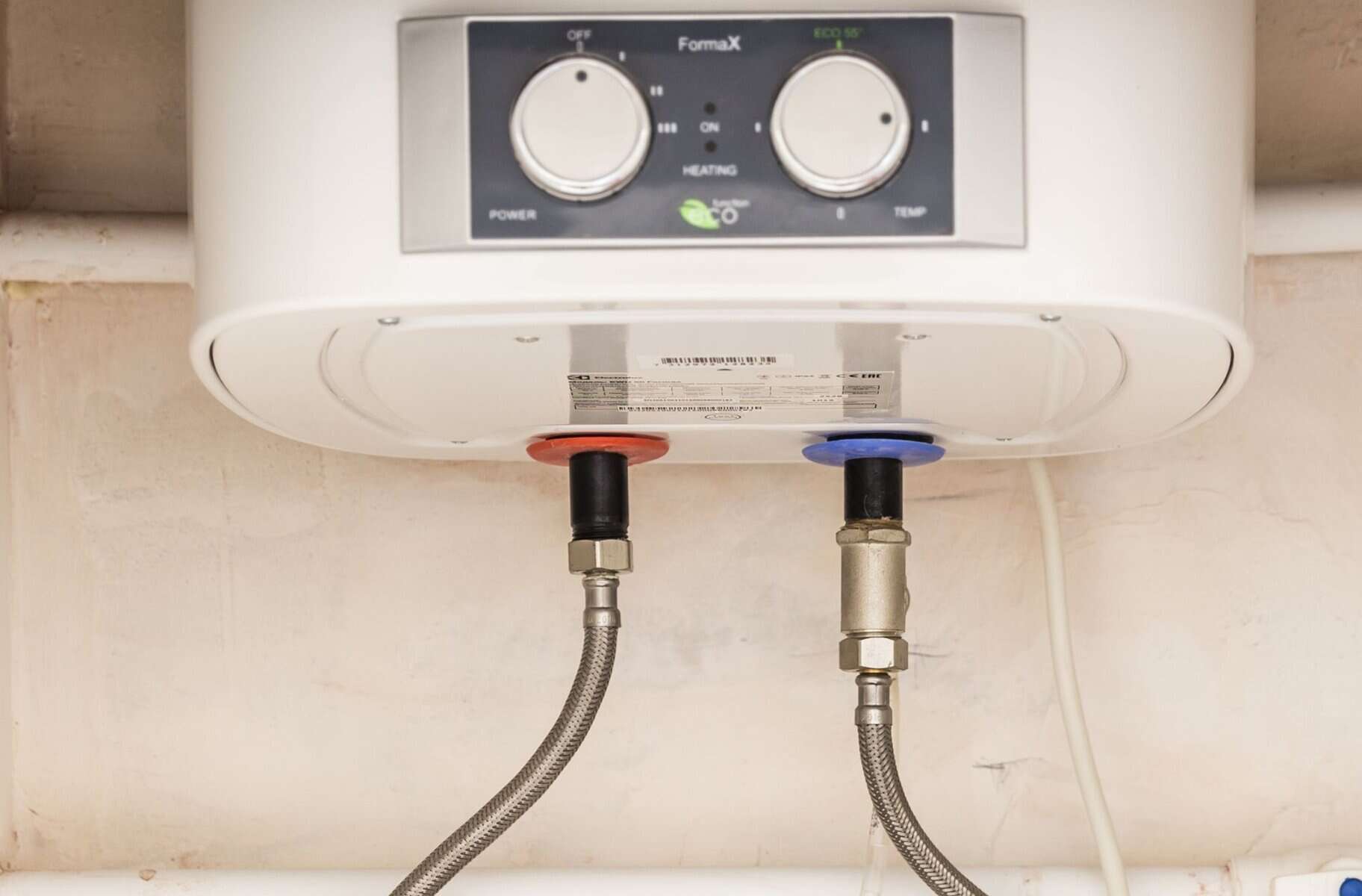Winter in Saratoga Springs, New York, brings more than snow and cold. It also puts extra strain on home systems, especially hot water. When the temperature drops, families run more showers, wash more clothes, and clean up after big holiday meals. That’s when older water heaters can give out. For some, it may feel like winter is the wrong time to upgrade. But tankless water heater installation in Saratoga Springs, New York, can be done, even when it’s freezing outside.
The truth is, winter can actually be a smart time to make the switch. Dealing with hot water troubles in the middle of a cold snap is never ideal. That is why switching to something more reliable could be one of the better decisions homeowners make before spring rolls around. When completed by professionals, a winter upgrade can be both smooth and safe.
What Makes Tankless Water Heaters Different
If you are used to a bulky tank in the basement, going tankless might feel like a big change. But the idea behind it is pretty simple. A tankless unit heats water only when it is needed. No full tank to fill, no warm-up wait. It turns on the moment a hot tap is opened and sends warm water straight through your pipes.
Tankless heaters are much smaller, too. They often mount on the wall and take up less space, which is helpful for smaller homes or tight mechanical rooms. Even more important in winter, they can keep up with daily hot water needs, no matter how many showers are running. Once it is running, it does not run out like some tank units do after a few long uses back-to-back.
These systems are well-suited for colder months. Since they do not rely on stored water, there is less worry about standby heat loss on icy days. And because you can get a steady supply whenever it is needed, you are not stuck waiting for another load to heat up between back-to-back showers.
My Jockey installs ENERGY STAR® tankless water heaters with freeze protection and smart recirculation pumps, which help prevent temperature drops and wasted energy. These features are especially useful for Saratoga Springs homes during winter.
Is Winter a Good Time to Upgrade?
It is easy to think that home upgrades should wait for warm weather. But when it comes to hot water, cold months can actually be a good time to make changes. Winter puts your current system to the test. If it is barely keeping up now, it may not make it through to spring.
Upgrading before things get any worse can help avoid more problems later. You will not have to worry about that last-minute breakdown during a snowstorm or sudden drop in water pressure when you need hot water most. If completed early in the season, the upgrade gets out of the way before holiday guests arrive or pipes freeze.
Professional installers in Saratoga Springs, New York, are experienced in working through winter. Our team knows how to handle underground lines, frozen ground, and tight schedules once snow starts piling up. The preparation is important, and we come ready for cold-weather jobs. If there is outdoor venting involved, we evaluate roof or wall options ahead of time. Inside, we make space and help get things cleared out before the system swap begins.
What Installation Looks Like in Cold Weather
A winter install looks a lot like installations completed during warmer months, but with a few extra things to think about. The first step is checking your current setup. We review your power source, heat load, water use, and where the old system is located.
We also check where the new tankless unit will go and how we will run the lines. Venting is one of the main jobs that can be affected by snow or ice, and we make sure everything is placed safely and works well with your home’s layout.
Here is a quick overview of what usually happens during installation:
• Disconnect and safely remove the old water heater
• Set up new lines and vents to work with the tankless unit
• Mount, test, and adjust the system for your home’s water needs
• Run final checks and confirm proper flow and water temperature
When it is cold outside, we take steps to protect pipes and fittings during the job. We also watch for areas where indoor heat might not reach, since those spots may need extra care before any connections are made.
Common Questions About Winter Installs
Many people have concerns about making an upgrade this time of year. Some worry their pipes will freeze while the work is being done. Others ask how long they will be without hot water during the swap. These are real concerns, and we plan for them in advance.
The truth is, most winter installs go smoothly when planned correctly. We keep water shut-off times as short as possible and work to keep the house warm during the process. As long as your home stays above freezing inside, issues like frozen lines are not usually a problem.
Here are a few things we often hear:
• Will my house lose heat when the old system is removed? The water heater is separate from your main heater, and we work quickly to get the system replaced.
• How long will I be without hot water? Every home is different, but we strive to keep downtime to a few hours at most.
• Is my home a good fit for a tankless heater? Most houses are, but we check things like water pressure, flow rate, and available gas or electric supply to be sure.
We guide each install based on what we see in your home, from pipe size and wall support to energy usage. Even in winter, most homes in Saratoga Springs, New York, can make the switch without much hassle.
Why a Better Hot Water Setup Matters This Winter
Cold months mean more time indoors, more laundry, more dishes, and more hot showers. That is when a steady, dependable water heater matters most. If your current setup struggles to keep up or shows signs of wear, you are likely already feeling the pressure.
Getting ahead of the problem now can ease those worries before things reach a breaking point. A reliable water heater means less time managing cold showers or waiting for water to heat back up after every cycle of laundry or dishwasher use.
Switching to something that works better long-term can give your home more comfort, fewer surprises, and less added stress during peak winter weeks. Having trusted help ready to handle the work, regardless of temperature, makes it much easier to take that next step with confidence.
Winter in Saratoga Springs, New York, can be tough, especially when your water heater struggles to keep up with demand. We help local homeowners upgrade confidently, even when the temperature drops. Start the conversation about tankless water heater installation in Saratoga Springs, the My Jockey team is ready to guide you through every step. Contact us today to get started.










